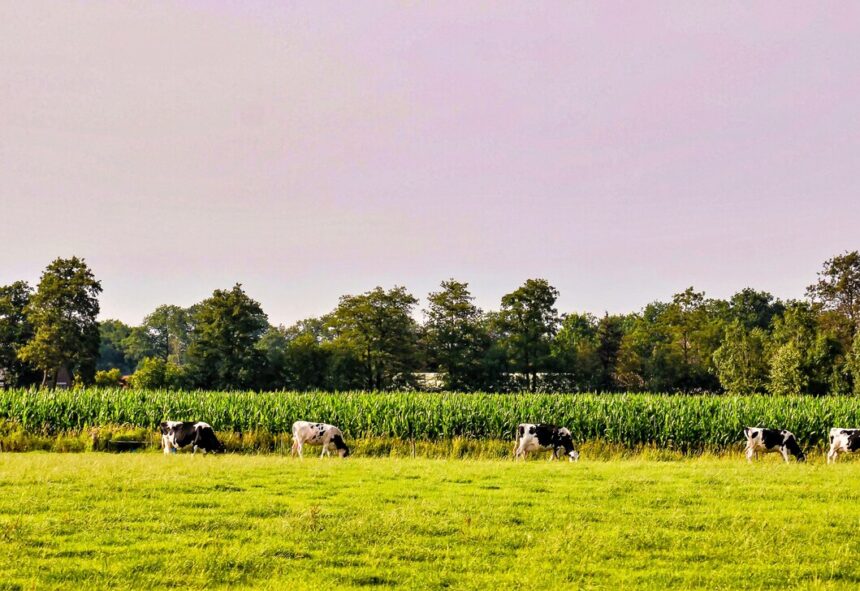No-till farming, an agricultural practice where the soil is left undisturbed except for planting, offers numerous benefits for farmers, especially in the diverse conditions of South Africa. This method of conservation tillage has been gaining popularity due to its positive impact on soil health, productivity, and environmental sustainability. Here’s a comprehensive look at the advantages of no-till farming:
- Improved Soil Structure: No-till farming helps maintain soil structure by reducing soil compaction and erosion. The absence of plowing allows for the development of natural soil aggregates, which enhances aeration and water infiltration.
- Enhanced Moisture Retention: By leaving crop residues on the soil surface, no-till farming reduces evaporation and helps retain soil moisture. This is particularly beneficial in South Africa’s regions prone to drought, as it improves water availability for crops.
- Reduced Erosion: The practice of leaving crop residues and not disturbing the soil significantly reduces soil erosion caused by wind and water. This helps in preserving the topsoil, which is crucial for sustaining long-term agricultural productivity.
- Increased Organic Matter: No-till farming promotes the accumulation of organic matter on the soil surface. Decomposing plant residues contribute to the formation of humus, which improves soil fertility and structure.
- Better Soil Fertility: The practice enhances soil fertility by allowing natural soil processes to occur without disruption. This can lead to increased availability of nutrients and a more balanced soil ecosystem.
- Reduced Fuel and Labor Costs: No-till farming reduces the need for multiple tillage passes and heavy machinery. This leads to lower fuel consumption and labor costs, making farming operations more cost-effective.
- Enhanced Soil Biology: By avoiding soil disturbance, no-till farming fosters a healthier soil microbiome. Beneficial microorganisms, such as earthworms and bacteria, thrive in undisturbed soil, contributing to better nutrient cycling and plant health.
- Mitigating Climate Impact: No-till farming can help sequester carbon in the soil, reducing greenhouse gas emissions. The practice contributes to climate change mitigation by storing carbon dioxide that would otherwise be released into the atmosphere.
- Weed and Pest Management: Reduced soil disturbance can help in managing certain weed and pest populations. The presence of crop residues can act as a physical barrier to weed growth, and some pests may be less prevalent in no-till systems.
- Long-Term Sustainability: By improving soil health and reducing erosion, no-till farming supports long-term agricultural sustainability. It helps in maintaining productive soil over time, ensuring the continued viability of farming operations.
In South Africa, where agricultural conditions vary widely, adopting no-till farming can offer substantial benefits. It aligns with sustainable farming practices, enhances soil health, and contributes to environmental conservation. Farmers considering this approach should evaluate their specific conditions and plan appropriately to maximize the advantages of no-till farming.
Join 'Farmers Mag' WhatsApp Channel
Get the latest Farming news and tips delivered straight to your WhatsApp
CLICK HERE TO JOIN






